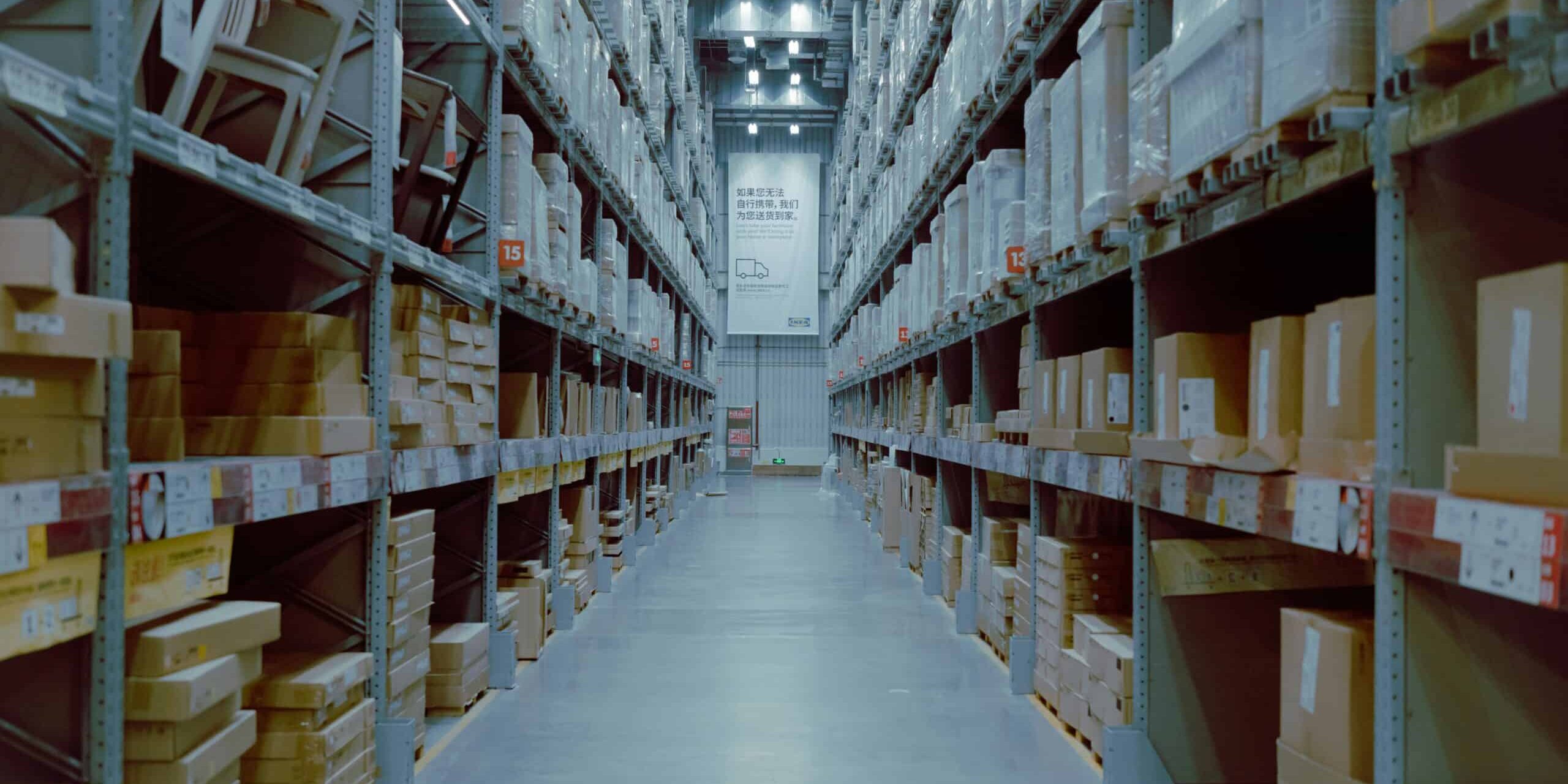As global supply chains navigate ongoing challenges and disruptions, the United States is making strides to transform its defense industrial base. This initiative is part of the broader goal outlined in the National Defense Industrial Strategy (NDIS), which aims to create a robust and resilient 21st-century defense industrial ecosystem. This transformation is vital to support critical partners in Europe, the Middle East, and Asia while addressing the fragilities exposed by recent global events.
In response to the NDIS, industry leaders are focusing on enhancing supply chain resiliency by streamlining operations and leveraging commonalities across different products and processes. By understanding risks and opportunities within the supply chain, companies can better manage resources and maximize efficiency. This approach involves identifying areas where standardization can simplify procurement processes and boost capacity utilization. For instance, components like washers, used in both aircraft and missile systems, can be standardized to reduce transaction volumes and enhance operational efficiency.
A key aspect of this transformation is the implementation of an Intelligent Factory Framework. Advanced technologies such as application programming interfaces, machine learning, and software-defined networking are being deployed to enable machines across manufacturing facilities to autonomously report their status and utilization. This real-time data collection and analysis improve operational efficiency by facilitating automation and machine optimization, leading to a more agile and responsive supply chain.
Additive manufacturing is another crucial element of this supply chain evolution. Initiatives like Additive Manufacturing Forward (AM Forward) are fostering collaboration between large manufacturers and smaller suppliers by introducing cutting-edge technologies like 3D printing. This modernization of manufacturing processes is helping to transform shop floors across the country, driving technological advancements and enhancing supply chain capabilities.
The broader goal of supply chain transformation is to build an anti-fragile system that not only withstands disruptions but also grows stronger from them. This involves closing gaps in the ability to innovate and deliver advanced technology integrated systems while simultaneously ensuring the supply chain can support both high-tech developments and conventional operational needs. This resilient and adaptable approach to supply chain management underscores the commitment to maintaining a competitive edge and sustaining critical supply chains.
As these strategies unfold, they promise to enhance the efficiency, resiliency, and innovation of supply chains, setting new standards for global trade and economic stability. The positive impact of these initiatives will resonate across the industry, driving forward the capabilities and sustainability of supply chains in the modern era.
#ICTTMNews #BreakingNews #SupplyChain #Innovation #Resiliency #GlobalTrade #NewsUpdate







